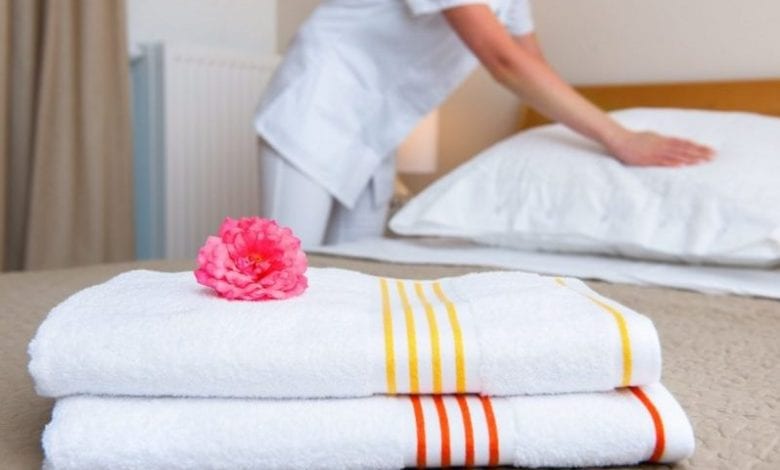Advice
The supply chain dilemma

Commercial laundries play an essential part in helping the hospitality industry function, and we need to ensure our industry survives this crisis to be able to support the re-opening phase plus the longer term requirements for our hospitality customers in the post-corona economy, says Kevin Godley, CEO of Clean.
You'll need to
subscribe to unlock this content. Already subscribed? Login?







